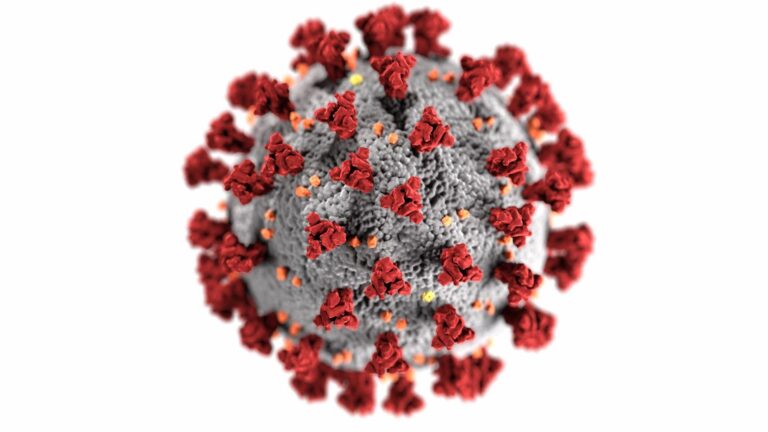The International Sport Lawyers Association dedicated this year’s annual conference to the topic “Transfer in Football”. It took place on September 13, 2019 in Zurich at the home of FIFA to whom we would like to take this opportunity to express our sincere thanks.
While the sun was shining outside and following the introductory remarks by the president of ISLA, Dr Jochen Fritzweiler, a series of top-class lectures and presentations was opened by FIFA Football Regulatory Director Omar Ongaro. Under the title “The operations of the international football player transfer system“, he described in detail the genesis, and important milestones of the revision and current principles of the transfer system in international football, which exists since 2001 and now applies in the version of January 1, 2019.
Omar Ongaro paid particular attention to the Transfer Matching System TMS, which has been in force since 2010 and now also covers women’s and amateur football, and highlighted the maintenance of contractual stability, training allowances, the solidarity mechanism, the protection of minors and the dispute settlement system as special concerns of the FIFA Transfer Regulations. In detail, Ongaro explained the mechanism of the individual regulations and how they are applied in practice. Step by step, the participants were able to understand how a player is registered and how the transfer market and the International Football Player Transfer System works. The lecture ended with an exciting outlook on the upcoming reforms of the transfer system. These refer to the creation of a clearing house for transfers, the mandatory introduction of an electronic national transfer system, stricter regulations with regard to player agents, the development of credit regulations to avoid commercial exploitation of underage players and the extension of the solidarity system to national transfers with an international dimension.
Tito Crespo, lawyer from Lisbon, Portugal, inaugurated the participants of the conference into the peculiarities of the football transfer market between Portugal and Brazil. According to him, 792 professional footballers moved from a Brazilian club to a foreign club in 2018. Portugal turns out to be the gateway to Europe (205 transfers), which is probably mainly due to the language. Crespo surprised with the statement that although there are 742 professional clubs and 385 amateur clubs in Brazil in which 22,177 professional footballers and 38,309 amateur footballers are engaged, only 20 of them participate in the Brazilian league “Brasileirão”. Tito Crespo then presented the peculiar results, which can also be found in Brazil’s transfer regulations. For example, the club that educates the player may not be the club the player is registered with, so that the question arises as to how the player shall participate in the system of training compensation. Crespo attributed a special responsibility to players’ agents when it comes to addressing European clubs and evaluating players. In his view, more should be done here.
Dr. Henning Hofmann, legal adviser of German Bundesliga Club SV Werder Bremen, explained the procedures in a Bundesliga club during an international transfer using a very descriptive and illustrated presentation. He addressed the legal and administrative challenges and stated that time is an essential part of a successful transfer. Hofmann then explained in detail the contractual interaction between clubs, players’ agents and players and, if necessary, third parties. He lead the participants into the details of the transfer and loan agreements, but made explicitly clear that players are neither „loaned“ nor „bought“ in a legal sense.
The contribution by Fabian Reinholz, lawyer from Berlin, gave an overview of already existing and possible future use cases of distributed ledger technologies such as blockchain in sports and highlighted some of the legal issues going along with the use of such technologies. In his opinion, ticketing, merchandising, betting, tokening as well as rights management, but also player‘s transfers or athlete and sponsoring contracts could be supported by blockchain technology. This led to discussions among the participants on the legal issues and the technical measures to be required for implementing such technologies in sports and questions were raised as to possible negative environmental effects of the technology.
Following the lectures the General Meeting of ISLA elected Prof. Dr. Anne Jacob as the new president of ISLA whereas the Board members, Dr. Jochen Fritzweiler, Dr. Christian Krähe and Dominique Abrokwa were re-elected.
The successful event ended with an exciting guided tour through the FIFA headquarter.
Foto: © Abigail Keenan / unsplash.com

